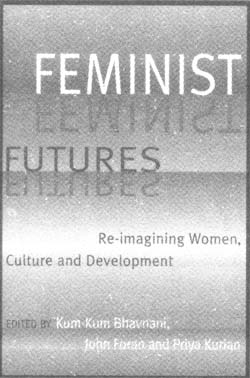Debates resonating in the last century on the dire impact of maldevelopment on the poor and on women in the Third World have spilled over into this century with consequences that cannot be measured by the word tragic. Economic growth conventionally measured in terms of GNP, trade industrialization etc. mirrored by growing inequality, lack of housing, education, health care, inflation and unemployment fuels grievance and despair along class, ethnic and gender lines. The terrorist attacks, tragic in their consequences, and the war on terror monstrous in conception and execution, keeps us spinning on an endless cycle of violence. As violence draws public concern and outrage women in the Third World continue to suffer multiple challenges that include poverty, hunger, landlessness, discrimination, abuse and violence that is both economic and sexual. Challenges that seldom make news or draw attention unless someone discovers that a woman dies giving birth every seven minutes.
What are the specifities of history, political economy and culture that make these realities differentially oppressive for Third World women? How do they meet these challenges and confront them in creative and effective ways? What are the deeply fulfilling experiences, emotions and enduring relationships that are born through the struggles they wage to survive their reality?

